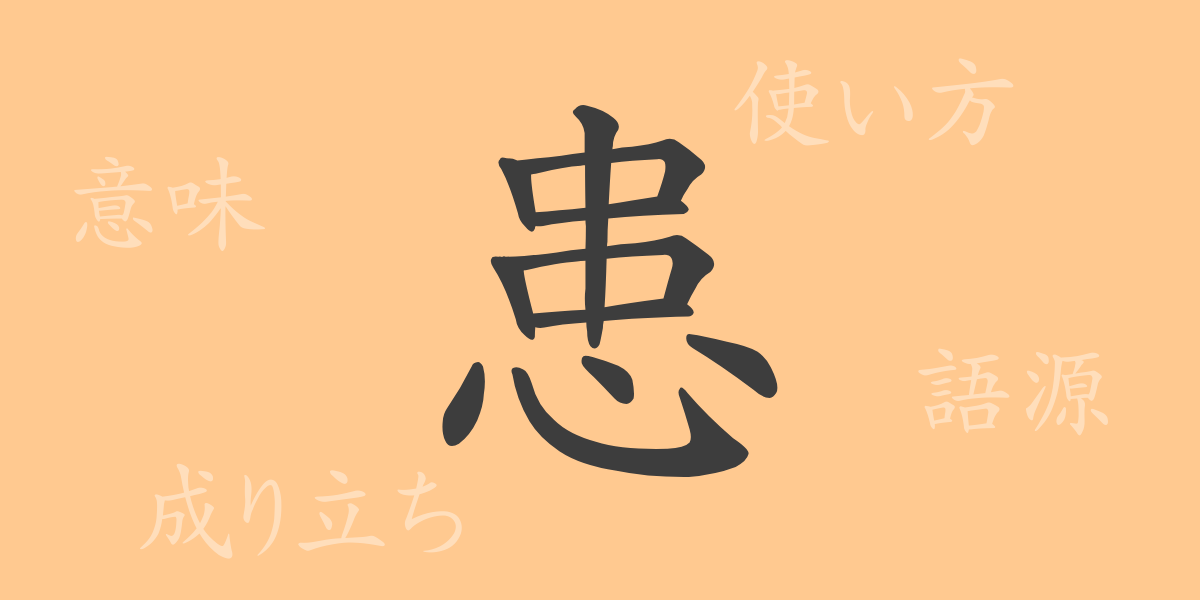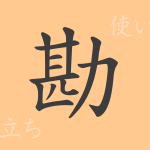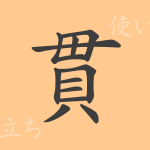The Japanese language is home to a multitude of kanji characters, each with its own unique history and meaning. This article focuses on the common-use kanji “患” (Kan), delving into its deep history and everyday usage. Through this exploration, we will uncover the etymology of “患,” its modern applications, and even phrases and idioms that include the character, revealing the full scope of this kanji.
The Origins of 患 (Etymology)
The kanji “患” (Kan) originates from ancient China. This character, which evolved from pictographs, originally depicted a person in water, signifying encountering water hazards or disasters. Over time, its shape and meaning have transformed, and today it is used to represent worries or illnesses related to the heart or mind.
Meaning and Usage of 患
“患” (Kan) is primarily used to denote negative states such as illness, worries, or suffering. For instance, the term “病患” (byoukan) refers to a sick person, while “患者” ( kanja) is used to describe someone suffering from an illness. Additionally, it can also be used as a verb “患う” (wazura-u) when referring to worries or problems.
Readings, Stroke Count, and Radical of 患
Let’s take a closer look at the readings, stroke count, and radical of the kanji “患.”
- Readings: Onyomi (Chinese reading) is “かん” (kan), Kunyomi (Japanese reading) is “わずら・う” (wazura-u).
- Stroke Count: A total of 13 strokes.
- Radical: 心 ( rishinben) – heart
Phrases, Idioms, and Proverbs Using 患 and Their Meanings
There are many phrases, idioms, and proverbs that include “患” within the Japanese language. For example, “病患” ( byoukan) refers to suffering from an illness, while “重患” ( juukan) denotes a serious illness. In idiomatic expressions, “患いを抱える” ( wazura-i wo kaka-eru) represents being in a state of having some problem or illness. A proverb such as “患い多きは福の基” (wazura-i -oo-ki wa- fuku- no -moto) implies that a person who endures many hardships will be met with great fortune once they are overcome.
Summary of 患
The kanji “患” (Kan) carries a profound meaning related to the human heart, encompassing illness and suffering. From its origins to its contemporary usage, and the phrases and idioms it features in, we can see how this character is intricately connected to our daily lives. By understanding and correctly using “患,” we can enrich our Japanese language expressions even further.

























